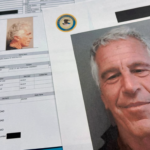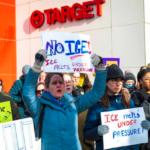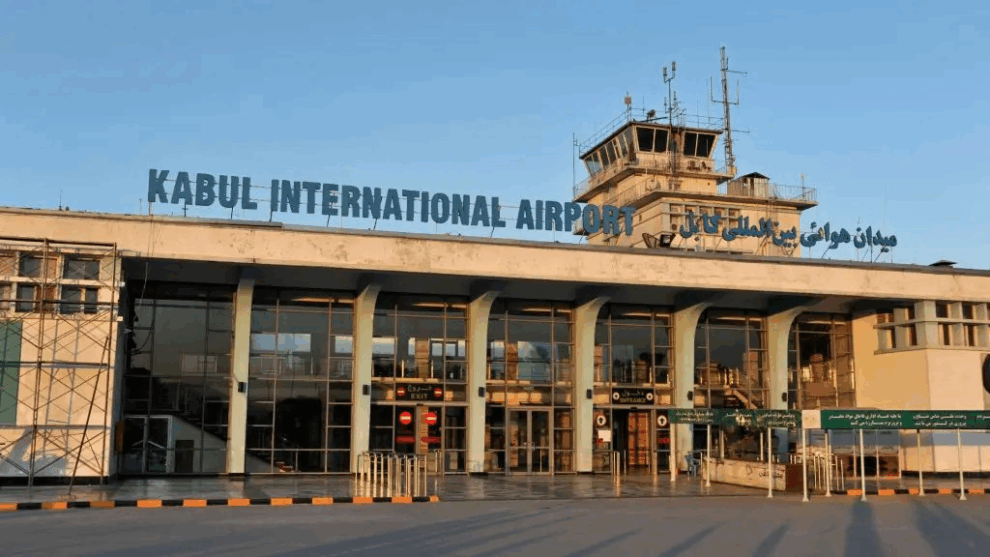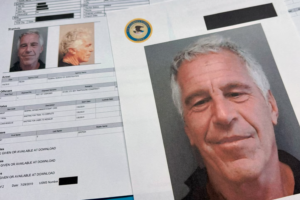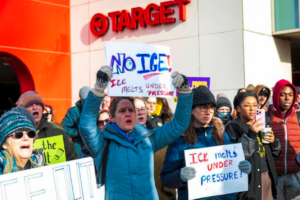President Donald Trump has issued a ban on 12 Middle Eastern and African nations, causing backlash among immigration proponents
As of Wednesday June 5th, President Donald Trump announced his intention to ban access to the United States from the following twelve countries: Afghanistan, Myanmar, Chad, the Republic of Congo, Equatorial Guinea, Eritrea, Haiti, Iran, Libya, Somalia, Sudan and Yemen. Another seven nations–Burundi, Cuba, Laos, Sierra Leone, Togo, Turkmenistan and Venezuela–will face major restrictions in their ability to enter the U.S. for tourism, study or business.
Some of the same nations were affected by a similar travel ban issued in 2017 during Trump’s first term in the White House. North Korea and Syria, while present on the 2017 list, have evaded the 2025 roster of banned countries.
This first ban, issued with little prior warning, caused havoc in airports and resulted in the detainment of international citizens upon landing. This time around, both the United States and the list of banned nations have been given time to accommodate, with 5 days between the announcement and the enforcement of the ban, which will commence on Monday June 9 at 12:01 am.
The list of countries relies heavily on a report from the Department of Homeland Security investigating visa overstays. Trump has tied the travel ban to Sunday’s flamethrower attack in Boulder, Colorado perpetrated by an Egyptian national who had overstayed his visa. Though Egypt is not on the restriction list, Trump does cite overstayed visas as a contributing factor to his rationale for the ban, stating “We don’t want them.”
The president’s official declaration states that the ban is to prevent the exploitation of immigration laws and to protect the United States from aliens with malevolent intent. Counties with insufficient identity verification and national law enforcement have been included as well. Antagonists of the ban do not see it as a matter of national security but as a further extension of Trump’s perceived anti-Muslim agenda and campaign against illegal immigration.
Many have reacted to the inclusion of Afghanistan on the ban list, in light of America’s two decades of allied military presence there. Afghans who supported the U.S. and were in the process of immigrating to the U.S. with the support of refugee settlement groups now find themselves at a standstill. Kalid Khan, an Afghan refugee currently in Pakistan who worked with the U.S. military for 8 years, says “I feel abandoned. So long as Trump is there, we are nowhere.” Trump made an exception for Afghans with special immigration visas, specifically for those targeted by the Taliban for cooperation with the United States.
Some wholeheartedly support the ban. Cuban property investor William Lopez who immigrated to the states in 1967 supports the ban on his native country and the Trump administration’s decision, saying, “These are people that come but don’t want to work. They support the Cuban government. They support communism.” His comment highlights the administration’s concern with safeguarding the nation from the introduction of harmful ideologies.
Other immigrants feel differently. Augusta Goll, a Sierra Leonean business owner who supported Trump is disappointed in this step. “My father is still in Sierra Leone. I have brothers and sisters. I have a lot of relatives. They are all in Sierra Leone, and to know that they’re not going to be able to come to this beautiful country is really, really, really sad,” she said. Goll comes from Charleroi in Washington County, PA, a city with a dense Haitian population, another country affected by the ban.
President Mahamat Deby Itno of Chad responded to Trump’s ban by returning the favor. He has suspended granting of visas to U.S. citizens “in accordance with the principles of reciprocity.” The Venezuelan government, too, disapproves of the measure, calling it a “stigmatization and criminalization campaign” against Venezuelans. While Venezuela and Chad have taken the ban in light of a personal affront from the U.S., other countries such as Sierra Leone have been more cooperative. The following weeks will reveal the measure of fallout due to the ban.




